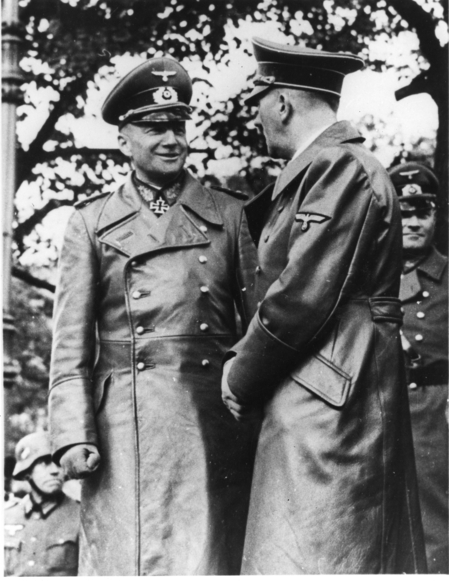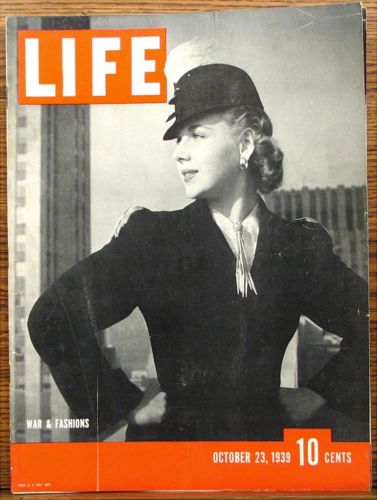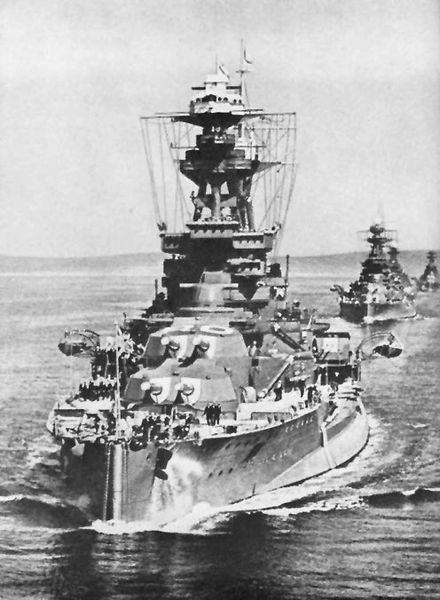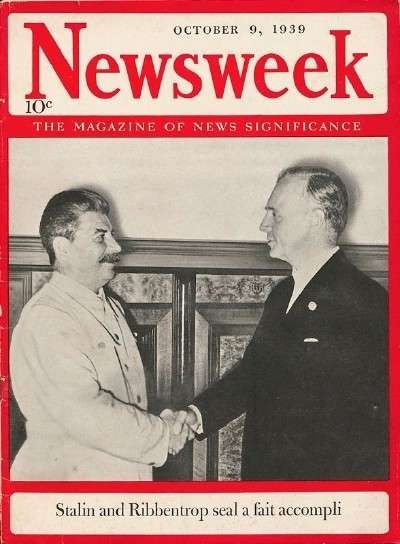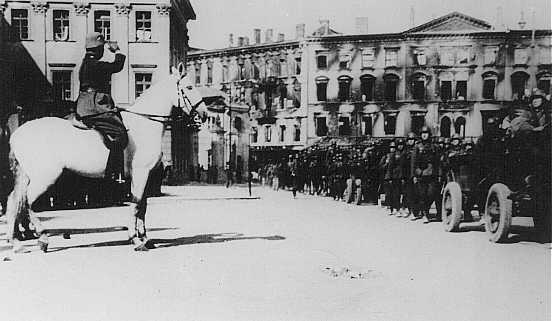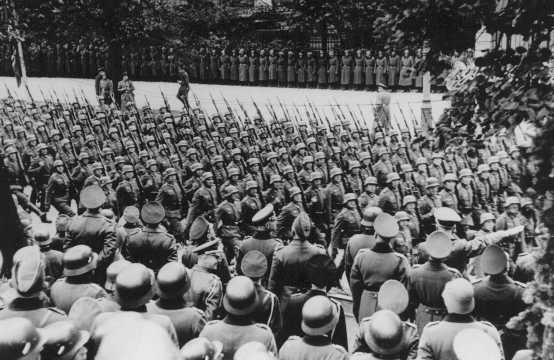Friday November 17 1939
 |
| Prague during the student riots. |
Battle of the Atlantic: The Deutschland/ Lützow arrives back in Gdynia.
U-28 (Kapitänleutnant Günter Kuhnke) disembarks 5,133-ton Dutch tanker Sliedrecht and then torpedoes and sinks it. There are only five survivors, while 26 perish.
U-57 (Kapitänleutnant Claus Korth) torpedoes and sinks 1,566-ton Lithuanian freighter Kaunas. One crew member perishes.
German vessel Henning Oldendorff is captured by the Royal Navy.
US freighter Black Gull is detained by the British. The US freighter Nishmaha, previously detained, is directed to proceed Marseilles to unload items seized by the British. The British also detain US freighter Examiner, removing 11 bags of first-class mail. The freighter Black Condor is released after the British seize 126 bags of mail.
Kriegsmarine destroyers Z11 Berndt von Arnim, Z19 Herman Künne and Z21 Wilhelm Heidkamp lay more magnetic mines off the Thames estuary. International law requires that such mines be reported, but the Germans make no notifications as usual.
Convoy SL 9F departs from Freetown, while Convoy OG 7 forms at Gibraltar. Convoy HXF 9 departs from Halifax.
European Air Operations: The Luftwaffe drops leaflets over central and southeast France. It also performs reconnaissance over northwest England, specifically one plane over South West Lancs, Cheshire, and North Wales, while another flew over the Shetlands.
The RAF flies over Wilhelmshaven and gets some good photos.
German/Soviet Relations: Pursuant to the terms of the Ribbentrop/Molotov Pact, the Soviets offer the Germans a base at Zapadnaya Litsa on the Kola Peninsula, 25 miles from Murmansk. This will be known as "Basis Nord." The Kriegsmarine sends U-38 to take a look.
German Opposition: Following Hitler's orders of the previous day to be utterly ruthless in stamping out the Prague student protests, the SS occupies student dormitories. Thousands are arrested, 1200 are sent to concentration camps and 9 student leaders are shot without trial. Czech universities are closed for three years. Professor Josef Matoušek is among those shot. The others:
• Jaroslav Klíma
• Jan Weinert
• Josef Adamec
• Jan Černý
• Marek Frauwirt
• Bedřich Koukala
• Václav Šafránek
• František Skorkovský
This event leads eventually to November 17th becoming known as "International Students Day."
Italian Propaganda: Italian state radio broadcasts in Russian warning the Soviets to leave the Balkans alone.
Czechoslovakia: Former President Benes forms a National Committee in Paris.
Manhattan Project: Ernest O. Lawrence wins the Nobel Prize in Physics. He invented the cyclotron, necessary for research into the Atomic Bomb.
American Homefront: "Tower of London" starring Vincent Price and Boris Karloff is released.
China: The Japanese forces advancing on Nanning, including the Imperial Japanese Army (IJA) 21st Infantry Division, cover 30 miles in three days and capture Yamhshien.
 |
| Ernest Lawrence celebrates winning the 1939 Nobel Prize in physics with a cyclotron-shaped cake on 17 November 1939. Here he (left) is with Harold Walke and Paul Aebersold (holding the cake), |
November 1939
November 1, 1939: The Jet Flies AgainNovember 2, 1939: The Soviets Devour Poland
November 3, 1939: Amending the Neutrality Act
November 4, 1939: Roosevelt Signs Neutrality Laws
November 5, 1939: The Spirit of Zossen
November 6, 1939: First Dogfight
November 7, 1939: More Lies About SS Athenia
November 8, 1939: Hitler Almost Killed
November 9, 1939: The Venlo Incident
November 10, 1939: Dutch Panic
November 11, 1939: Poignant Armistice Day
November 12, 1939: Peace Efforts Made and Rejected
November 13, 1939: First Bombing of Great Britain
November 14, 1939: The Dyle Plan
November 15, 1939: Elser Confesses to the Bürgerbräukeller Bombing
November 16, 1939: Martial Law in Prague
November 17, 1939: International Students Day
November 18, 1939: Magnetic Mines
November 19, 1939: Walls Around the Warsaw Ghetto
November 20, 1939: First RN Submarine Victory
November 21, 1939: Salmon & Gluckstein on the Prowl
November 22, 1939: British Recover A Magnetic Mine
November 23, 1939: HMS Rawalpindi Sunk
November 24, 1939: Japanese Enter Nanning
November 25, 1939: The Olympics are a War Casualty
November 26, 1939: Soviets Stage an "Incident" at Mainila
November 27, 1939: German Marriage Becomes Perilous
November 28, 1939: Judenrats in Poland
November 29, 1939: The Soviets Prepare to Invade Finland
November 30, 1939: Winter War Begins
2016
